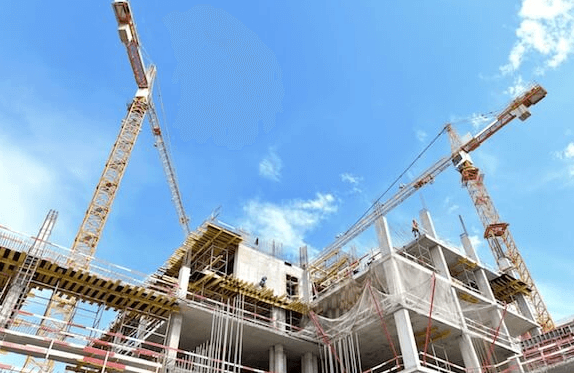A Crucial, but Little Known Step in Construction

Do you want to know about a crucial step in construction, then keep reading this post. Geotechnical engineering plays a crucial part of any construction project, but you might not have heard of them. It is important for projects like roads, bridges, and houses. They’re the ones who figure out which materials are below the surface of the site and how those materials interact with your structure. They also have to ensure that the site is stable before construction begins and plan for any problems that might occur during or after construction. If you want to know more about this important field, check out this post!
Geotechnical engineering: A crucial step in the construction
The first step in this process is determining how much support from above-ground structures building needs. This includes foundations or footings during installation and testing of subsoil materials below ground level (i.e., “subgrade”).
The second part involves analyzing existing conditions at various depths. So that engineers can predict whether there will be any problems with movement later on downrange once something builder has built over the top.
The goal is to identify potential issues before they become problems during construction. Geotechnical engineers use sophisticated equipment like ground-penetrating radar (GPR) or high-resolution imaging systems. These systems can detect anomalies beneath an area’s surface down to as little as 10 feet deep, well below most people’s reach when digging trenches for foundations or other projects.
Make sure product quality is good.
Geotechnical engineering considers materials that are high quality by testing the construction site. Then, they must figure out how those materials will interact with the structure. For example, suppose there’s an old sewer pipe running across your property that needs to be replaced by a new one. In that case, they’ll need to ensure there is enough room for them both for everything to work and look good!
Make sure that the site is stable.
When planning a construction project, the last thing geotechnical engineers want is to have a site that could be more stable. Suppose any problems occur during or after construction. In that case, it can cause delays in your timeline and cost more money than necessary. They use different methods depending on the ground they are working on (elevated vs. flat surfaces). These include:
- Use reinforced concrete foundations (usually in areas with high water pressure)
- Place steel reinforcement bars into slabs or piles
- Install foundation drains to remove excess water before it gets into the soil.
Why is geotechnical engineering necessary?
Geotechnical engineering is integral to any construction project because it keeps your building safe from the ground underneath.
It ensures the site is stable and plans for any problems that might occur during or after construction.
CPMs are responsible for planning and coordinating all aspects of a project, including budgeting, scheduling, materials procurement, and purchasing insurance coverage for contractors or subcontractors working on their behalf. They also coordinate with other departments within your organization who will be involved in the construction process, such as architects or designers; structural engineers; electrical/plumbing/mechanical (EPM) engineers; environmental consultants, etc., as well as government agencies such as local utility companies where applicable.
Conclusion
If you’re planning on building a new home, hiring a geotechnical engineer is important. They can help ensure that your building is safe and stable, which will help ensure its longevity in the long term.

